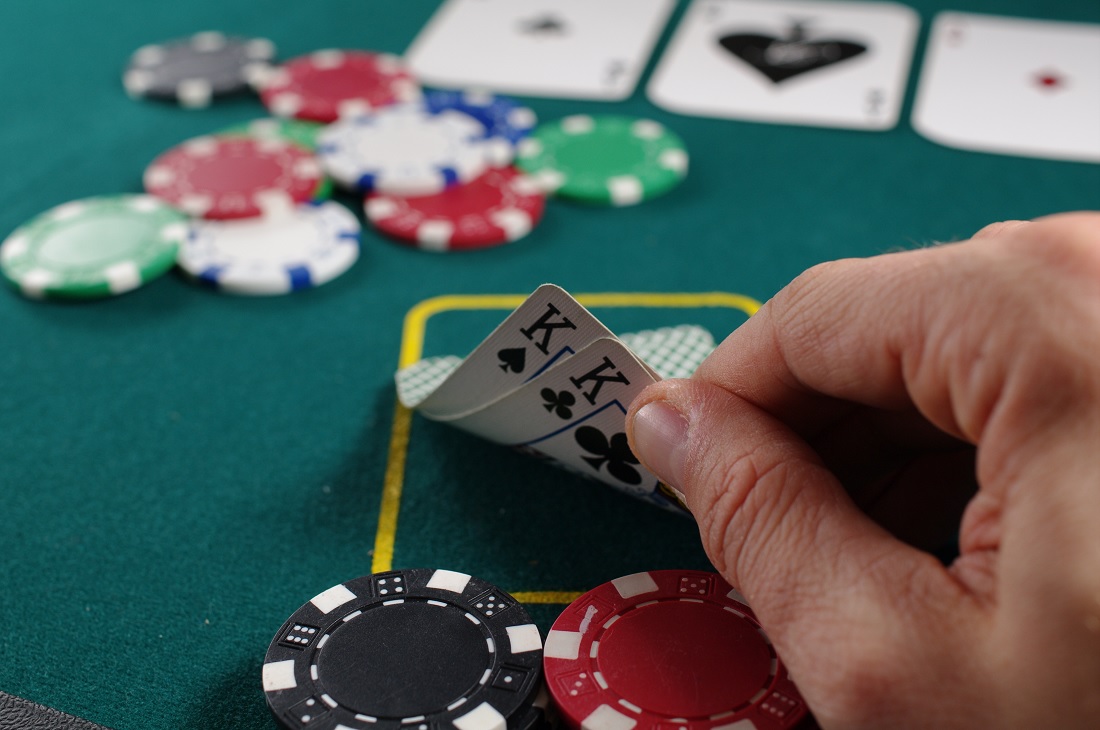According to an article that was published at CNBC.com in 2021, markets are seeing more new investors as part of a “post-pandemic boom.” As the article began, “The incredible performance in the stock market following the coronavirus selloff has enticed new investors.” Indeed it appears that opportunity coupled with the fact that many young adults have actually built up significant savings has led to a whole wave of new people interested in growing their funds in financial markets.
This is a positive thing in theory. Done safely and strategically, investment has always been a sound financial strategy and a way to safeguard one’s future. At the same time however, it’s reasonable to assume that a great many new and young investors lack the understanding that success requires.
This assumption is based in large part on the fact that investing knowledge simply isn’t handed down in schools. As Yahoo Finance put it, financial literacy is not being taught, and this can lead to a hasty approach in markets –– which, in turn, amounts to gambling.
Now, the best way for new and aspiring investors to combat this is to study the subject itself. There are reliable books, countless articles and expert opinions, and even podcasts that will all teach the fundamentals of investing. At the same time though, beginners may find it more helpful to look to external sources for basic principles. And one such source that can make a surprising amount of sense is the game of poker. It’s a game many have played at one point or another, and it’s no accident that it’s also one that tends to be enjoyed by successful, financially savvy people (including some prominent celebrities, CEOs, and business leaders). So here, we’re going to look at four lessons that poker can teach you that will prepare you for the world of investing.
1 – Focus on your goals
On the subject of goals, a CNET.com piece aimed at new investors points out that many today equate “investing” with regularly buying and selling stocks on apps like Robinhood. The article also correctly asserts that it’s extremely difficult for even practiced investors to make money with this sort of active trading, and that it’s best to adopt a long-term approach aimed at fulfilling specific financial goals.
This is very much a lesson you can carry into investing from the poker table as well. Beginning poker players will often make an effort to win every hand or game, chasing small victories at the expense of long-term strategy. Once they develop true goals, however –– a percentage they want to profit over time, for instance –– they begin to play more strategically and with a more appropriate focus beyond individual hands or games.
2 – Invest only what you can afford to lose
The aforementioned CNET.com piece made this point as well –– specifically that investors shouldn’t put more than they can afford to lose into high-risk investments. Poker players learn this lesson early as well. It is extremely tempting in the early going to go “all-in” on some of the best cards you see, or to attempt dramatic bluffs in order to gain confidence. Lots of beginning players have even seen professionals use these tactics in televised tournaments, not factoring in that those same pros play thousands of hands, and only go for dramatic flourishes on rare occasions when their bankrolls enable them to. As players gain more experience though, they learn to play within their means, and bet only with money they’re able to lose. It’s a valuable lesson to carry into the world of investing.
3 – Drop your ego
This is often one of the first and most important tips poker players receive. In a blog post written for those who want to become professional poker players, Poker.org states bluntly that “proving you’re a great player is pointless, and will do nothing to help your bottom line.” This may sound counter-intuitive where a competitive hobby is concerned, but the point is clear: Players who are focused on ego are not focused on winning. By setting ego aside however, players can devote their attention purely to game fundamentals and strategies –– and will almost always win more as a result.
This lines up exactly with sound investment principle. Investors who want to prove themselves in the markets will be too focused on ego to adequately consider strategy. Those who drop their egos, however, can devote full attention to how to raise those bottom lines.
4 – Find conditions that favor you
For this last point, we’ll refer back to our own 2020 article, “Finding The Right Investment Possibilities Now”. This article spoke to the importance of finding the right type of investment, at the right time, to profit. Interestingly enough, this too is a fundamental skill one can learn playing poker. With so many types of poker out there, and so many platforms on which to play them, players have virtually unlimited options. Those who truly hope to develop strategies for long-term profit, however, will spend time comparing these options and finding the games that favor them. For some, that might mean $5 Sit & Go games; for others, it may be $100 buy-in tourneys. Whatever the case, the process of finding the right environment to profit in is excellent training for assessing different investment opportunities.
Ultimately, it is still important for new investors to study financial markets and strategies directly. But for those who find these topics dense or inaccessible, it can be worthwhile to look for fundamental lessons elsewhere. Poker provides such lessons, and instills important principles in a natural way.


Comments are closed.